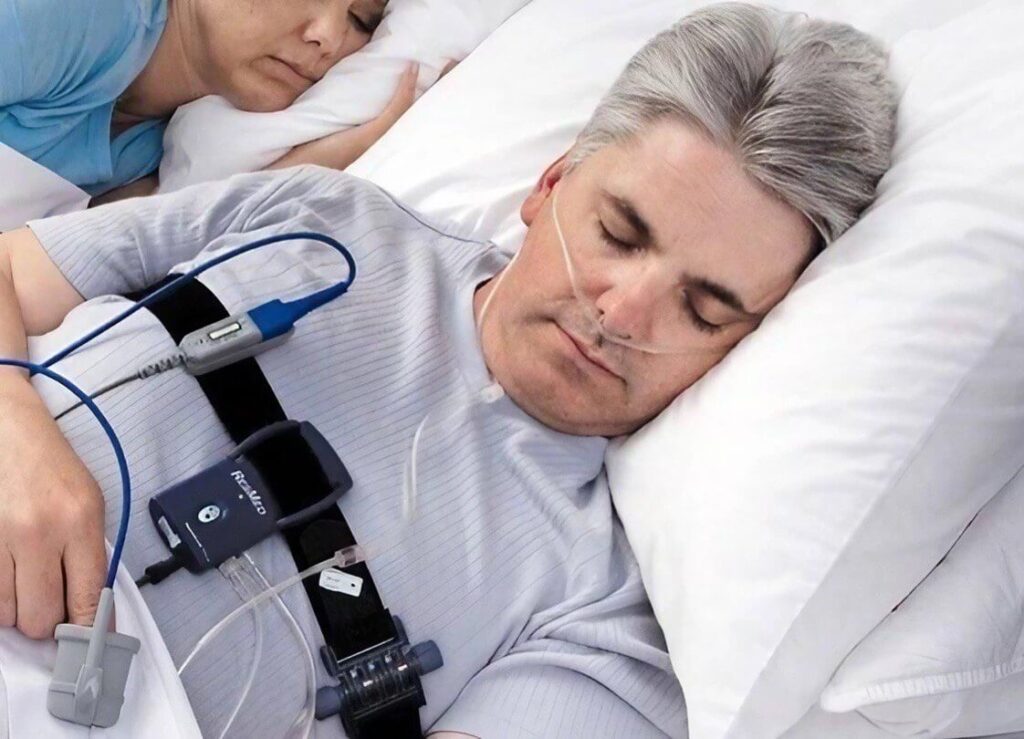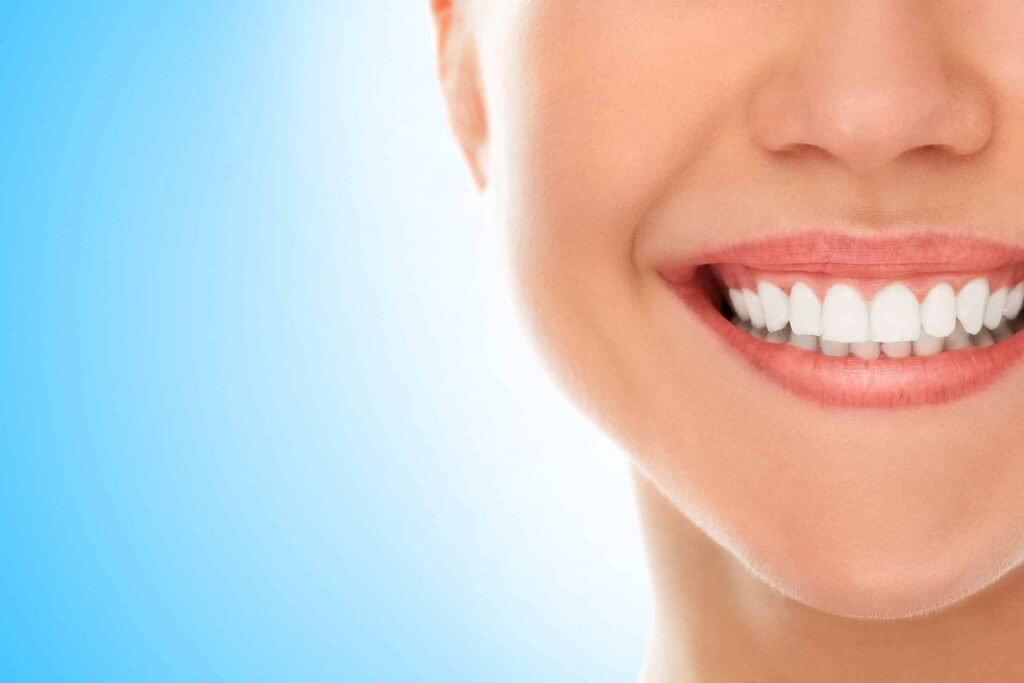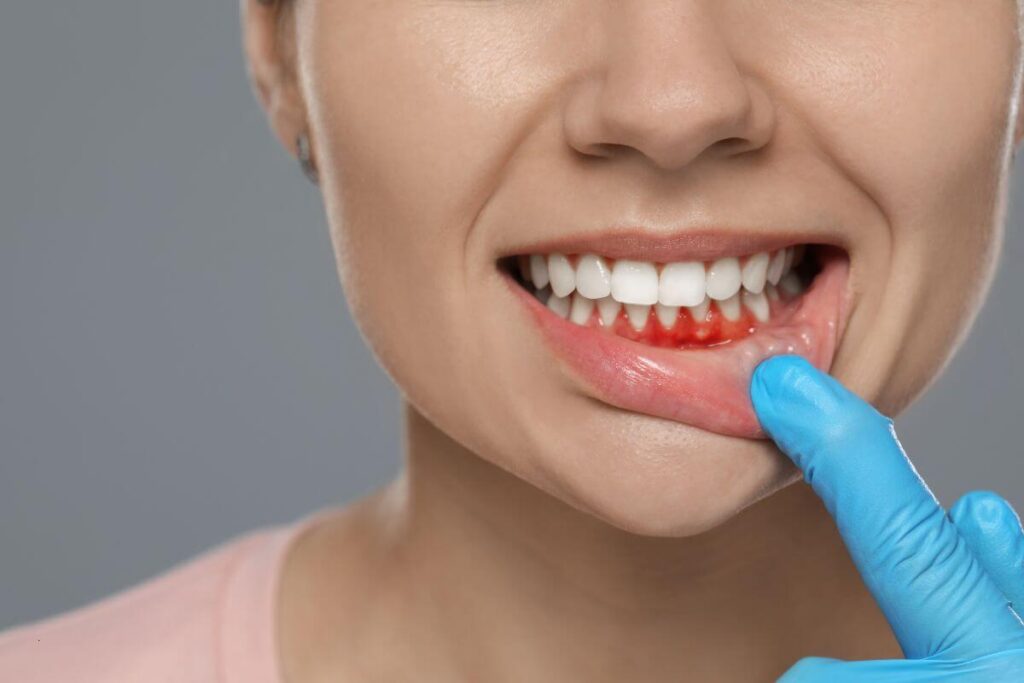
Based on 268 reviews
Discover the Journey of Health Care Reviews

At Health Care Reviews, we believe that informed choices lead to a better life. Our mission is to provide reliable health insights to our readers.
With a team of passionate health enthusiasts, we aim to deliver up-to-date information and comprehensive reviews on various health topics across the globe.
Explore Our Key Offerings
Take Charge of Your Well-being Today
Join our community and start your journey towards healthier living. It’s never too late to improve your health.
Blog
Think You Might Need a Sleep Test Canberra? Here’s Your Next Move
Sleep is an essential component of overall health and well-being. In today’s fast-paced world, many…
Sleep Testing Canberra: Discover the Root of Chronic Fatigue
Understanding Chronic Fatigue Chronic fatigue is a complex and often debilitating condition that affects millions…
Sleep Testing in Brisbane: What to Expect and How to Prepare for Your Study
Sleep disorders affect many individuals, leading to issues such as fatigue, difficulty concentrating, and long-term…
How a Sleep Study Machine Can Help Diagnose Sleep Disorders: A Complete Guide
Sleep disorders affect millions of people worldwide, leading to poor health, reduced productivity, and an…
Smile Got You Down? Top Tips For Teeth Whitening! (2)
Attempt to visualize yourself having a great smile without getting to undergo any harsh or…
Home Remedies To Regrow Receding Gums Naturally
How to use home remedies to regrow receding gums? Receding gums, which occurs when the…

What Our Readers Say
Health Care Reviews transformed my approach to wellness. Their tips on nutrition and mental health were invaluable.
The insights I gained through this blog helped me regain my fitness. Highly recommended for anyone looking to improve their health.
I love the detailed reviews and practical advice. This site is my go-to for reliable health information.






